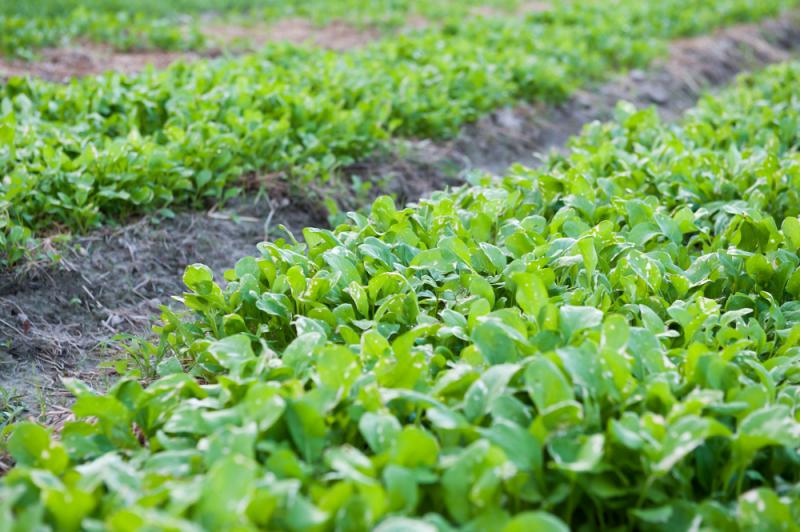




We aim to cultivate a delicious dining experience that nurtures our students and our planet. Our dining locations prioritize supporting sustainable food systems, local sourcing, community partnership, food waste reduction, and resource-efficient practices. From what we purchase to how we prepare our food, Hopkins Dining dedicates itself to fostering a more sustainable and ethical approach to nourishing the minds and bodies of our students.
Foodservice in higher education contributes to a better educational environment for our current students and a better world for the generations of scholars that will come through Hopkins Dining’s doors.
We understand the role our menus and ingredient choices play concerning the health of our students and the health of our planet. We know that the actions in our kitchens, dining rooms, and retail spaces make a huge impact on the overall sustainability of Johns Hopkins.
In addition to our internal commitments, the university is releasing its Climate Action and Sustainability Plan, which outlines the commitment of the institution to “advance healthy, just, and sustainable environments in our communities and around the world.”
Our role as Hopkins Dining is to fulfill these commitments from every angle and implement policies and practices that reinforce that promise.

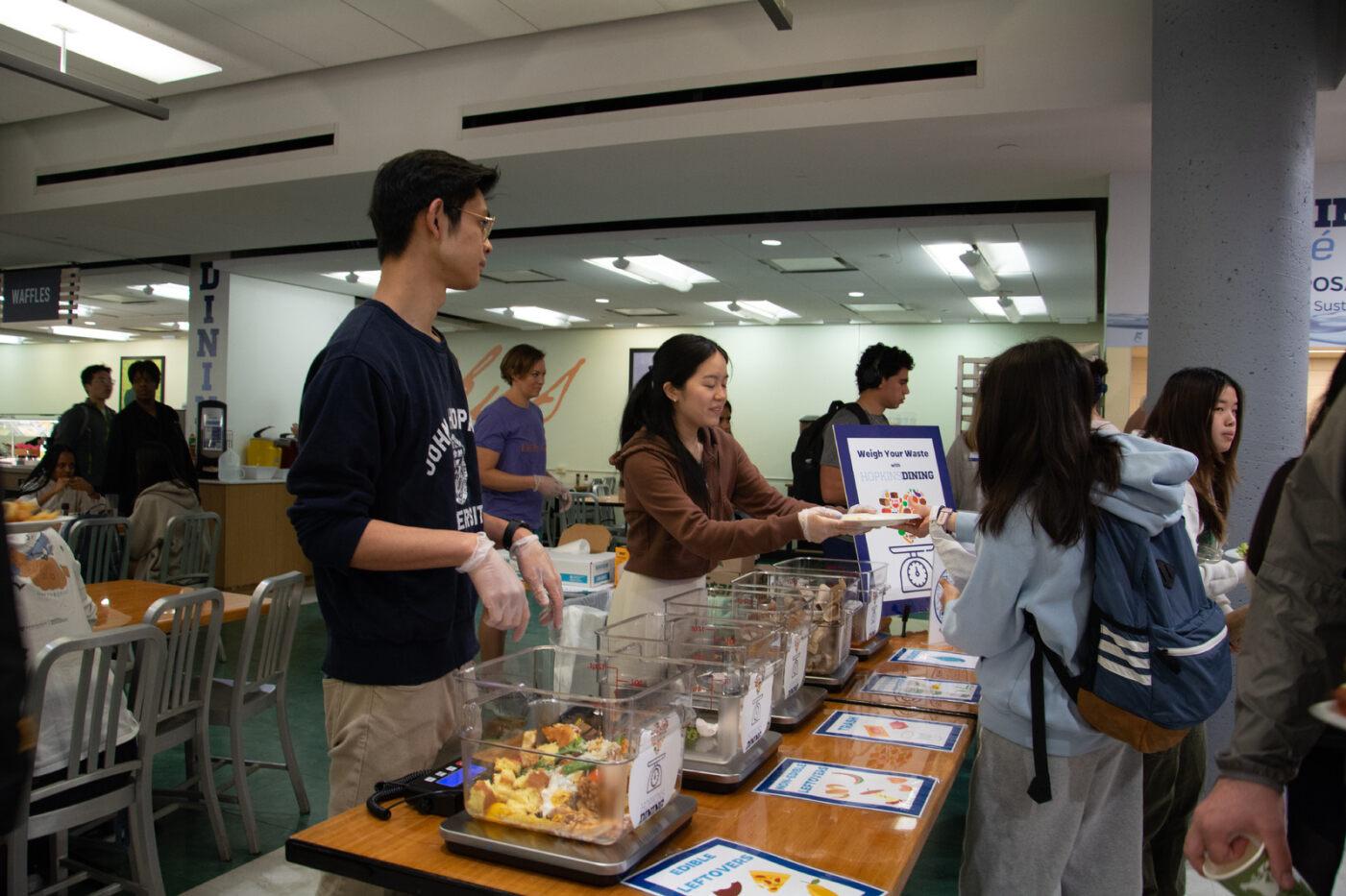
Composting involves breaking down organic materials to create compost, which enriches soil and boosts crop yields.
Compostable materials require specific conditions, while biodegradable items naturally decompose. All biodegradable items can be composted, but not all compostable items are biodegradable.
Composting food scraps and inedible organics is preferable to landfilling, which emits methane, a potent greenhouse gas.
18% of global methane emissions come from landfilled organic waste, predominantly impacting underserved neighborhoods' air, water, and soil quality.
Composting enriches soil, improves agriculture, and conserves water.
Our composting program fosters a sustainable, communityfocused university and dining program.

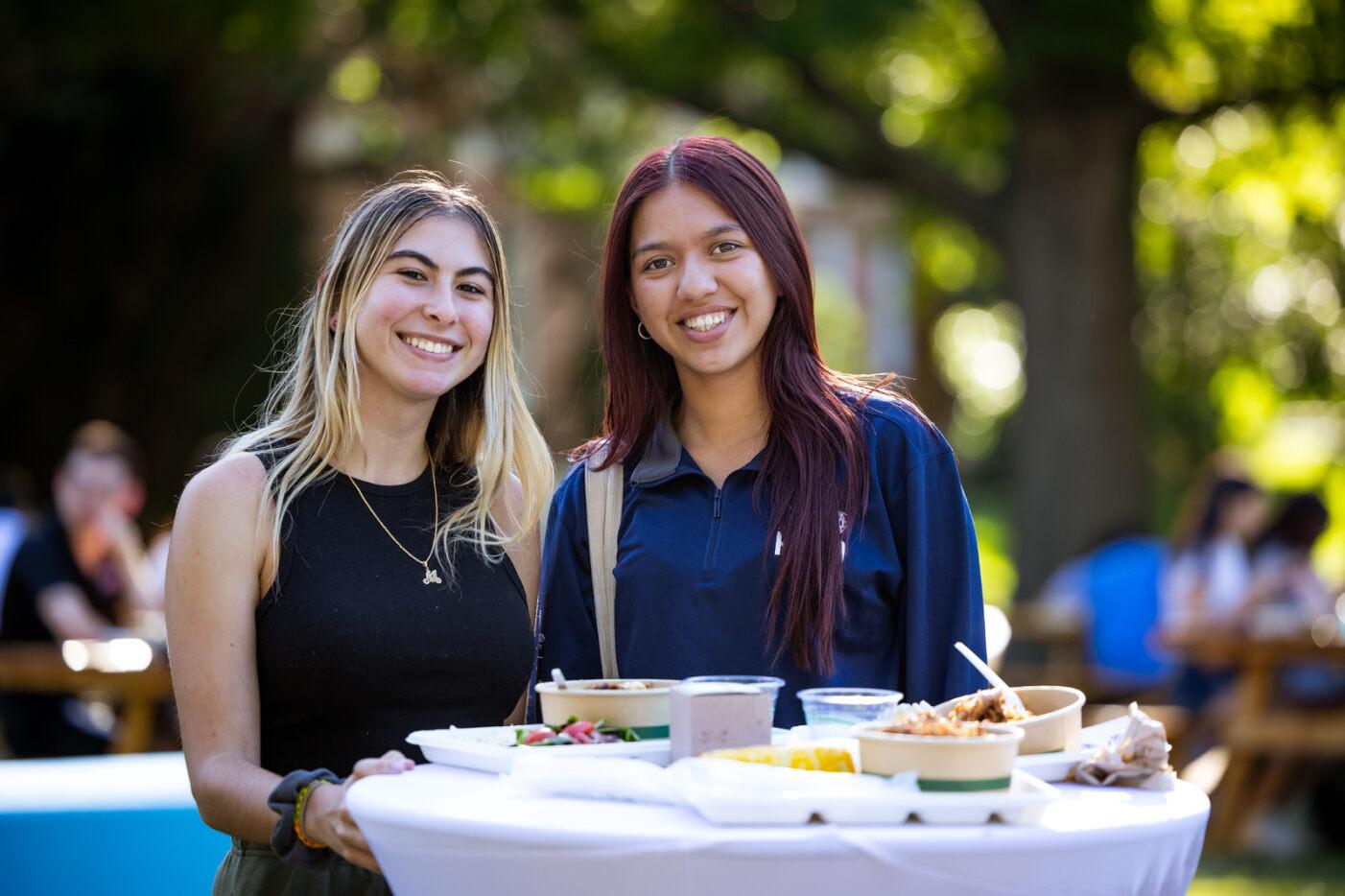
Johns Hopkins University started its partnership with Waste Neutral back in 2010. They collect campus compost weekly to be converted into soil for local farmers! We earn "compost credits" for each ton of food waste diverted, which our grounds team uses to keep the campus beautiful. By composting, you are doing your part to keep this circular practice alive!
We compost various organic materials like kitchen scraps, fruit and vegetable peelings, coffee grounds, and all of our certified compostable items including cups, lids, utensils, and napkins. These items can be put into the yellow composting bins with green bags on campus.

Hopkins Dining actively supports loca farms, producers, and businesses to enhance sustainable food systems an local economy. Our local vendors exe ethical farming and sustainable pract while building community connection are important to a healthy society. W proud to offer so many local product our students, staff, and faculty. We w continue growing these strong partnerships in and around the Baltim area!
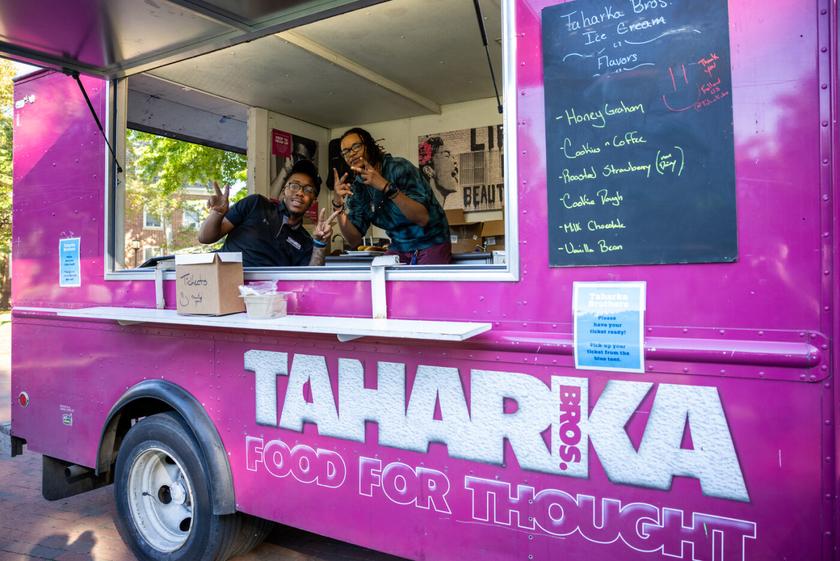
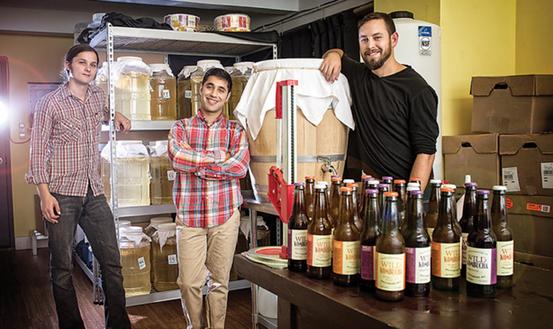

We prefer to purchase meat and dairy products from animals that were never given hormones or sub-therapeutic antibiotics unless sick and under the care of a veterinarian.

We prefer to purchase food that is grown by businesses that treat their workers fairly, comply with all labor laws, and provide a physically and mentally safe work environment.

We prefer to purchase meat and dairy products from animals that are allowed to express their natural behaviors and are treated humanely both during and at the end of their lives.

We prefer to purchase food grown to minimize exposure to pesticides, herbicides, fungicides, and chemical fertilizers for all players within our food supply chain.

We prefer to purchase food that is grown, raised, and/or processed within 250 miles of campus, focusing on the Mid-Atlantic region and Baltimore area specifically whenever possible.

We prioritize responsibly caught seafood that avoids overfishing, bycatch, and poor working conditions.
We opt for MSC-certified or MBA Seafood Watch-approved seafood.

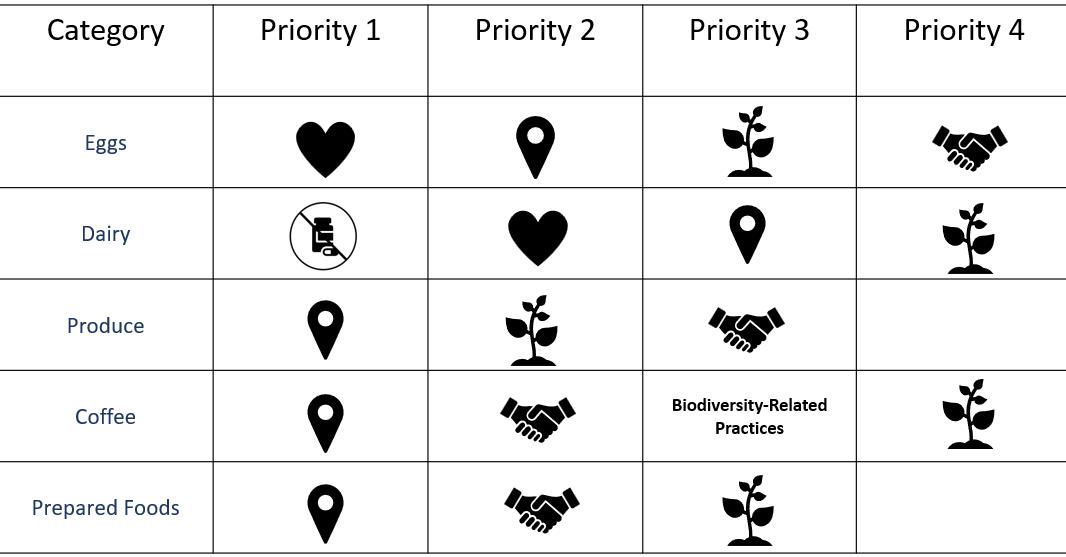
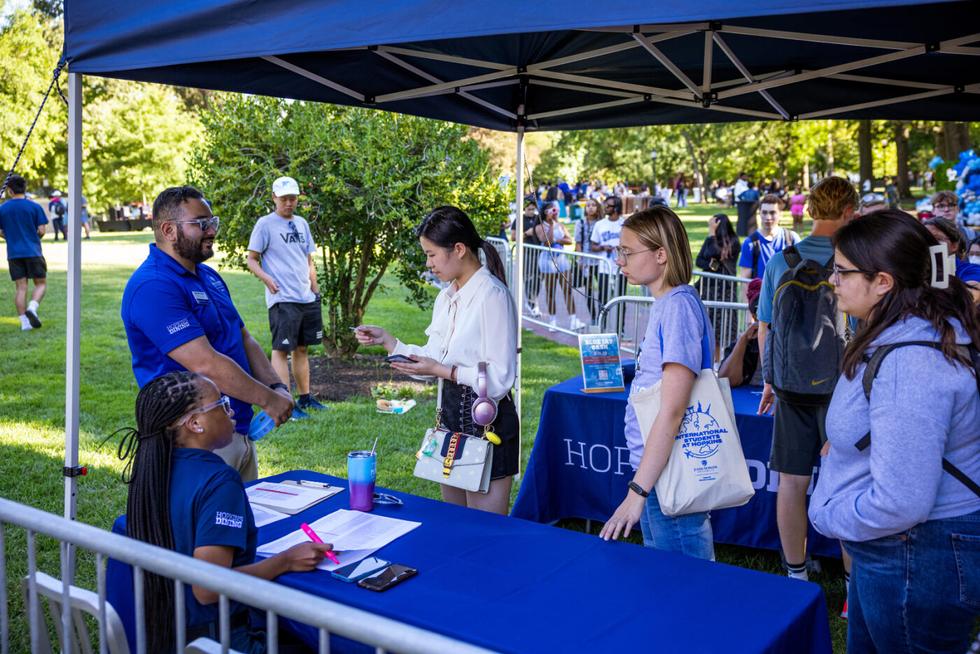
Hopkins Dining aims to educate our students and staff on the importance of sustainable dining practices through a series of dynamic initiatives throughout the year. From our engaging sustainability tabling events, to the impactful Weigh Your Waste initiative, we're dedicated to raising awareness and promoting sustainability across campus!